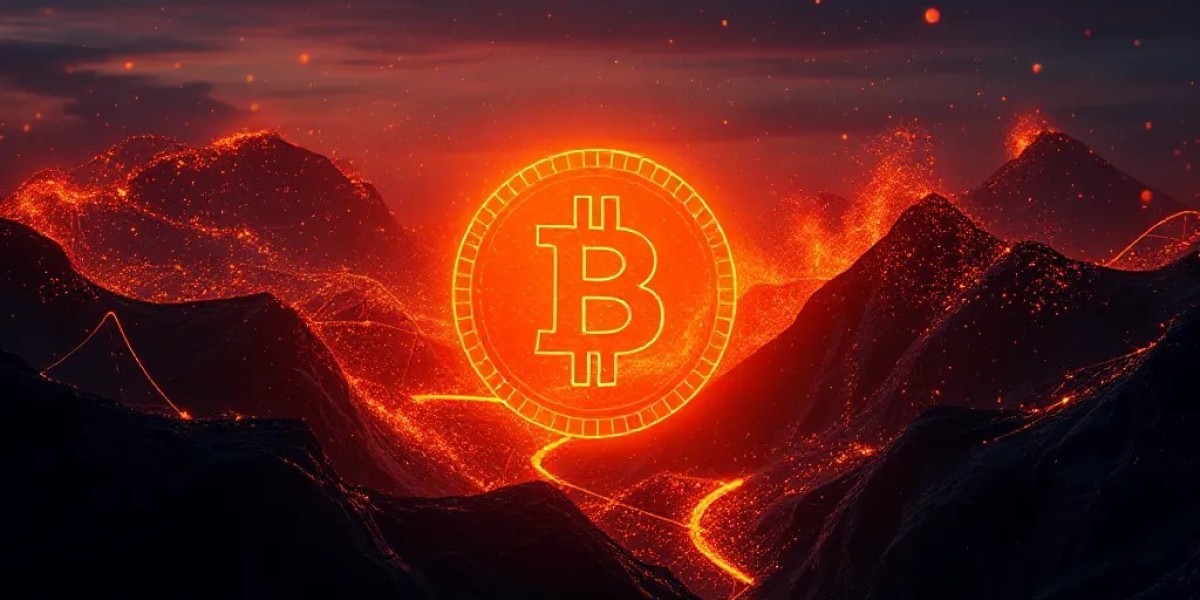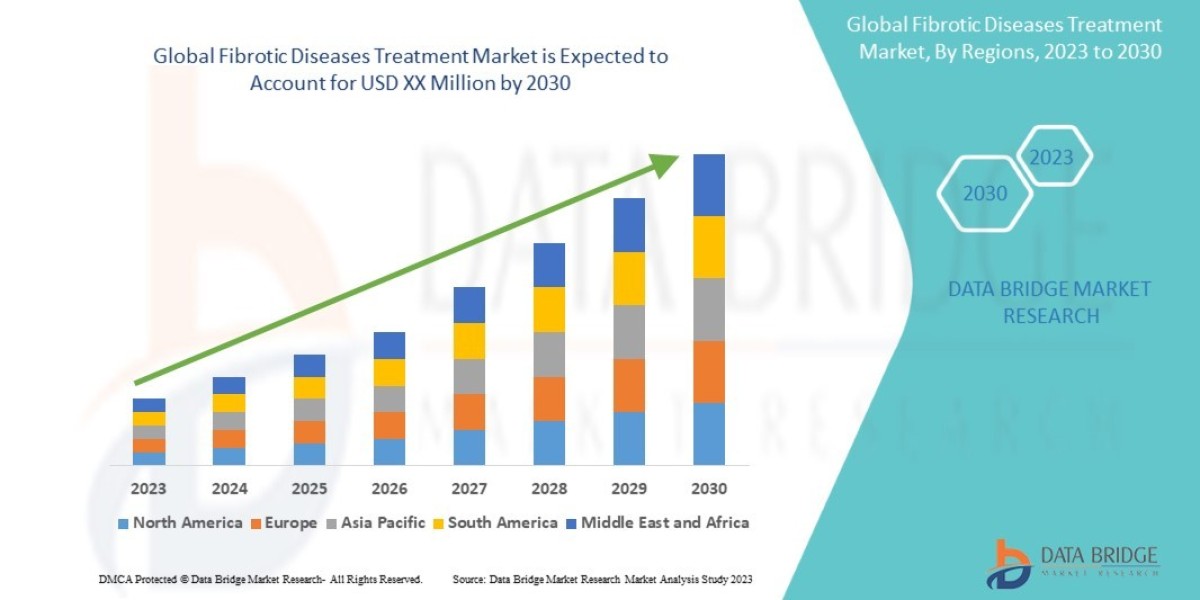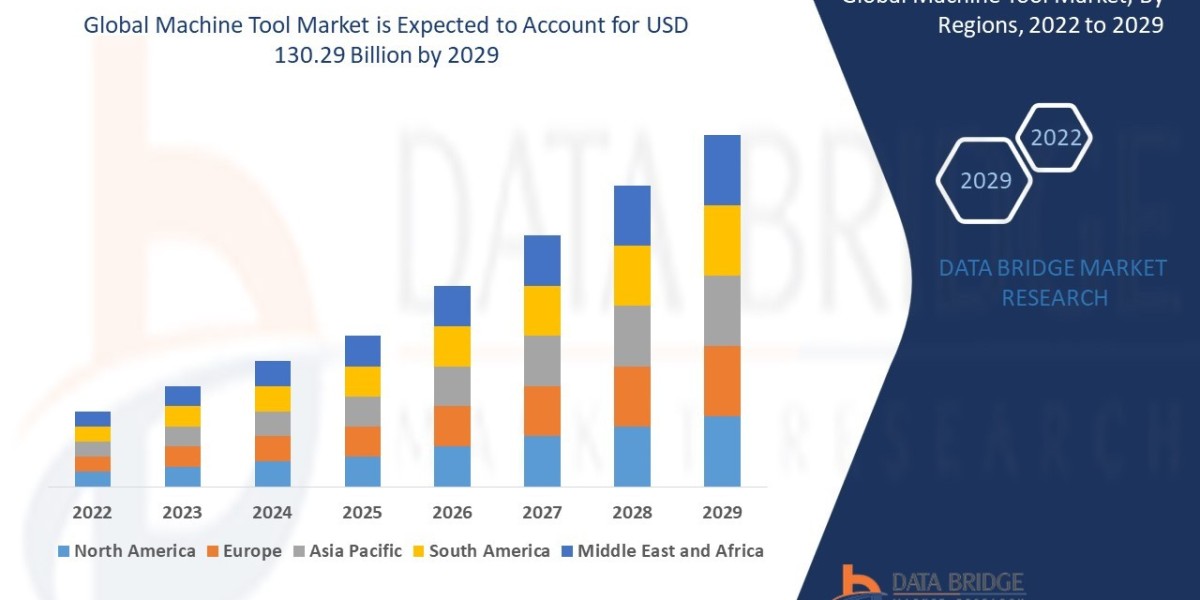The global economy is facing a perfect storm — from the mounting global sovereign debt crisis to heightened political polarization and shifting emerging market dynamics. These complex issues were front and center at the AIM Summit Dubai, where thought leaders and policymakers, including Kevin McCarthy and David Gibson-Moore, shared valuable insights on navigating these turbulent waters.
In this blog, we’ll break down the most pressing topics discussed at the summit, explore their real-world implications, and highlight strategies for resilience in an era of uncertainty.
1. The Growing Threat of Global Sovereign Debt
Why It Matters
The global sovereign debt crisis is no longer a distant possibility — it’s a looming reality. With countries borrowing heavily to stimulate their economies post-pandemic, debt-to-GDP ratios in many advanced economies have reached alarming levels.
Kevin McCarthy’s sovereign debt discussion at the AIM Summit emphasized that while debt can be a tool for growth, unsustainable borrowing leads to reduced fiscal flexibility and increases the risk of default, especially in emerging economies.
Key Points from the Summit:
Advanced economies are struggling to balance fiscal stimulus with debt sustainability.
Rising interest rates are making debt servicing costs soar.
Developing nations face a higher risk of debt distress due to weaker currencies and volatile capital flows.
Long-term Impact:
If left unchecked, excessive sovereign debt can trigger global financial instability, limit infrastructure investment, and fuel political unrest.
2. Political Polarization in Western Democracies
A Challenge to Stability
Political polarization isn’t just a social concern — it’s an economic risk factor. As discussed under the theme political polarization in Western democracies, McCarthy noted that deepening ideological divides can lead to policy paralysis, reducing investor confidence and slowing economic reform.
Examples of Polarization Effects:
Legislative gridlocks delaying critical economic measures.
Shifts in foreign policy that unsettle trade relationships.
Heightened social unrest impacting market stability.
David Gibson-Moore stressed that while disagreement is natural in democracy, extreme polarization weakens national resilience during global crises.
3. Emerging Market Trends in a Volatile World
Opportunities Amid Challenges
Despite global uncertainties, emerging market trends offer potential growth opportunities. The AIM Summit highlighted that many emerging economies are embracing digital transformation, renewable energy investments, and regional trade agreements to strengthen resilience.
Key Emerging Market Trends Discussed:
Digitalization: Leveraging fintech and e-commerce to expand market access.
Green Growth: Transitioning to sustainable energy to attract ESG-focused investments.
Regional Cooperation: Strengthening intra-regional trade to reduce dependence on volatile global supply chains.
However, these markets remain vulnerable to economic volatility, currency depreciation, and geopolitical shifts.
4. The Interconnected Nature of These Challenges
A Triple Threat
The discussions at AIM Summit made it clear — sovereign debt, political polarization, and emerging market volatility are deeply interconnected.
For example:
Debt distress can fuel political polarization as governments struggle to meet public demands.
Political instability can deter foreign investment in emerging markets.
Economic volatility can push countries to borrow more, worsening the debt cycle.
A comprehensive, collaborative approach is essential to addressing these challenges.
5. Strategies for Building Economic Resilience
The speakers at AIM Summit outlined actionable strategies:
Debt Restructuring Programs – Engaging creditors in sustainable repayment frameworks.
Policy Consensus – Encouraging bipartisan agreements on long-term economic priorities.
Emerging Market Support – Providing targeted funding for green infrastructure and digital initiatives.
Global Cooperation – Leveraging multilateral institutions to stabilize capital flows.
FAQs
Q1: What is the global sovereign debt crisis?
A: It refers to the situation where countries, especially developing ones, face difficulty repaying national debt, often leading to defaults or IMF bailouts.
Q2: How does political polarization affect economies?
A: It reduces policy efficiency, delays reforms, and creates uncertainty for investors, potentially slowing economic growth.
Q3: Why are emerging markets important in the global economy?
A: They offer significant growth opportunities due to expanding populations, digital transformation, and resource availability, but they are also sensitive to external shocks.
Q4: What role does AIM Summit Dubai play in addressing these issues?
A: It serves as a platform for global leaders to exchange solutions, foster cooperation, and encourage sustainable growth strategies.
Final Thoughts
The AIM Summit Dubai shed light on three of the most pressing challenges shaping our world — sovereign debt, political polarization, and emerging market volatility. While each poses its own set of risks, their interconnected nature means that global cooperation, sound policy-making, and targeted economic reforms are more important than ever.
If nations act decisively, they can turn this era of uncertainty into one of opportunity — paving the way for a more resilient, balanced, and inclusive global economy.







